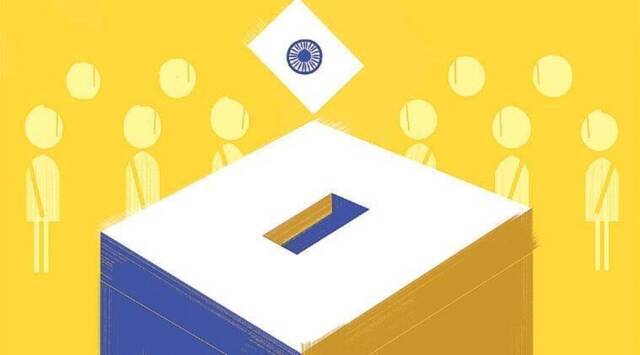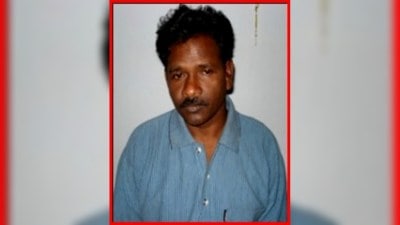Stay updated with the latest - Click here to follow us on Instagram
Electoral bonds: Supreme Court to consider on April 11 if petitions need to be referred to Constitution bench
The petitioners urged the court to refer the electoral bonds question to a Constitution bench, saying it involves questions that “goes to the very core of our democratic process”.
 The petitioners said the electoral bonds matter involves questions that “go to the very core of our democratic process”. (Representational image)
The petitioners said the electoral bonds matter involves questions that “go to the very core of our democratic process”. (Representational image)The Supreme Court will hear on April 11 arguments on whether it should refer petitions challenging the electoral bonds scheme to a Constitution bench.
A two-judge bench presided by Chief Justice of India D Y Chandrachud initially decided to take up the matter on May 2 as the court will be busy with some constitution bench matters in April. The petitioners then urged the court to refer the electoral bonds question to a Constitution bench, saying it involves questions that “go to the very core of our democratic process”.
The bench, also comprising Justices P S Narasimha, asked the counsel appearing for the Centre for its views on the submission. The Centre’s counsel responded that the Attorney General would have to argue on the point of reference.
Agreeing, the court fixed April 11 to hear the matter to examine if it requires consideration by a Constitution bench.
Taking up the petitions in January this year, the Supreme Court had said they raised three separate issues — a challenge to electoral bonds, whether political parties should be brought under the ambit of the Right to Information (RTI) Act, and amendments made to the Foreign Contribution (Regulation) Act (FCRA), and added that it would hear all the three issues separately.
While the Centre had termed the scheme “a big step towards electoral reform” which “will ensure transparency” and “accountability”, petitioners contend that it affects transparency in political funding as it allows political parties not to disclose their annual contribution reports to the Election Commission of India (ECI) and details of the identity of those who have donated through the electoral bonds.
In April 2019, a three-judge Supreme Court bench, in an interim order, directed political parties which received donations through electoral bonds to “forthwith” submit the details of the bonds to the ECI.
Rejecting the prayer to stay the sale of fresh bonds yet again in March 2021, the Supreme Court disputed the petitioner’s contention regarding the “complete anonymity” of bond purchasers.
The court had said, “It is not as though the operations under the scheme are behind iron curtains incapable of being pierced.”
The court had pointed out that bonds had been issued in the past— in 2018, 2019 and 2020 —“without any impediment” and it had already ordered “certain safeguards” by way of its April 2019 interim order.
It had also referred to the EC receiving details of contributions received through bonds in pursuance of the April 2019 order and said, “We do not know at this stage as to how far the allegation that under the scheme, there would be complete anonymity in the financing of political parties by corporate houses, both in India and abroad, is sustainable.”







